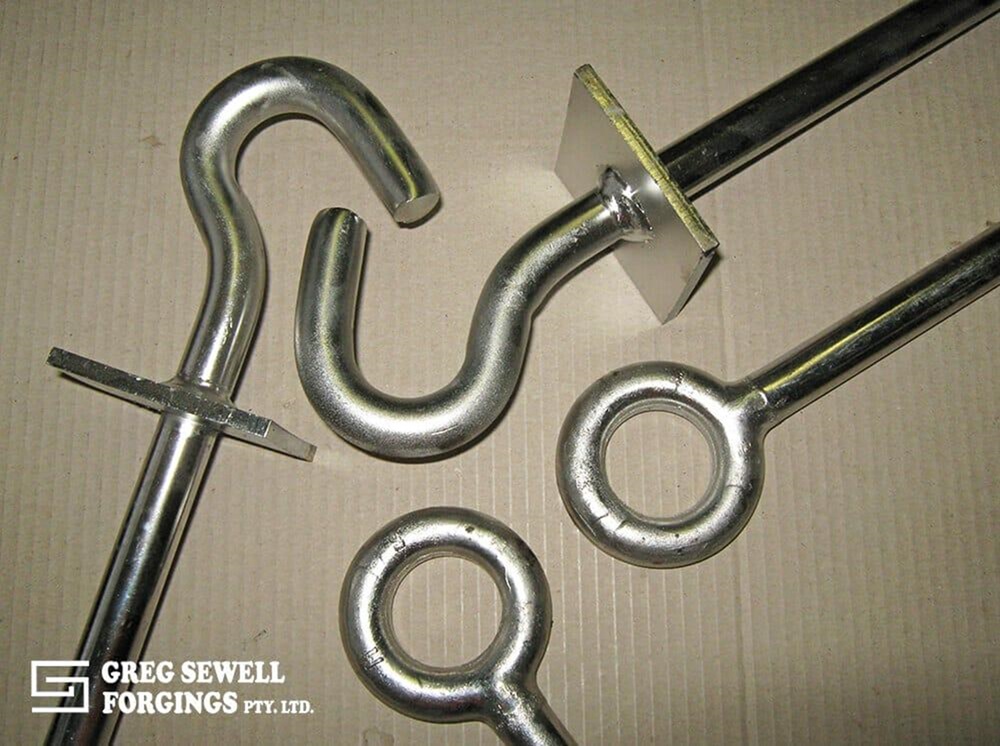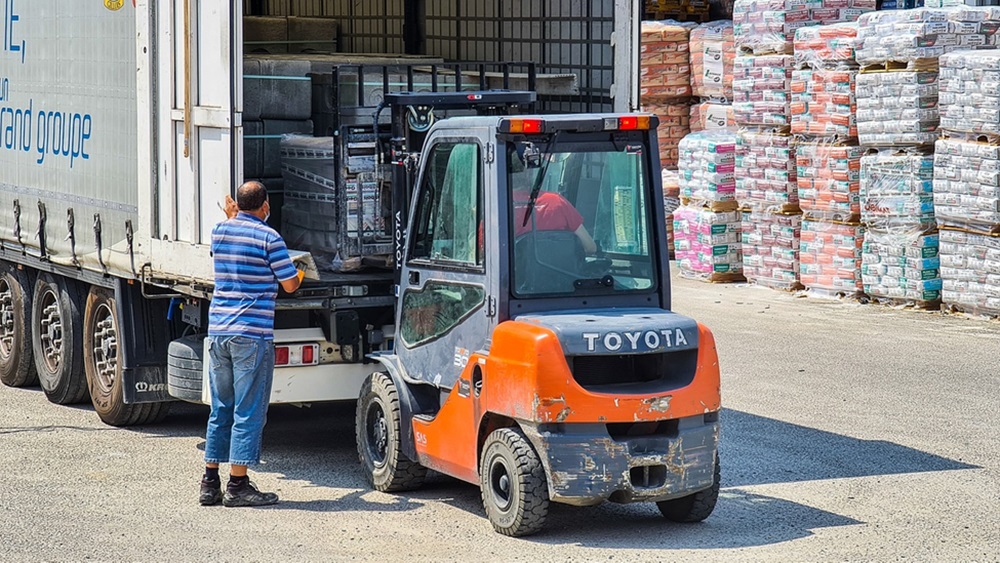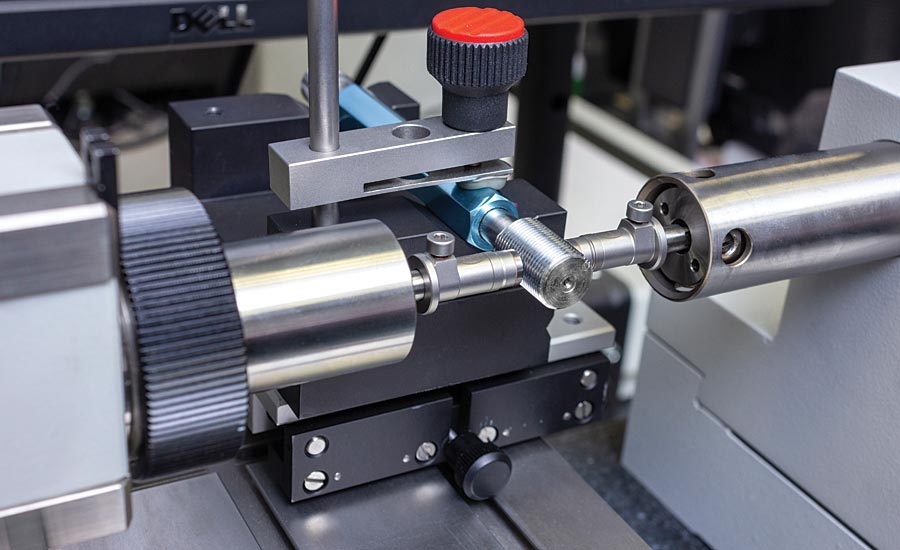When it comes to the industrial manufacturing world, nothing else will do more than precision, long-lasting, and top-notch cut-service. Among these is closed die forging, an age-old process that combines strength with reliability-attributes important to critical components. The following article details the important role played by closed die forging in contemporary manufacturing, how it interfaces with CNC machining services, and finally why heat treatment matters when improving the performance of forged components.
Closed Die Forging: A Legacy of Strength and Precision
Closed die forging, also called impression die forging, is a manufacturing technique where the metal gets deformed and altered using strong hydraulic press forces within an outlined close-die set. It produces high-strength parts with precise dimensions and an excellent surface finish, and therefore it is well-suited for demanding applications where productivity, durability or performance are a priority. Closed die forging underpins the industrial infrastructure—from automotive to aerospace— delivering components capable enough to perform in challenging environments effortlessly.
The Precision Nexus: Closed Die Forging and CNC Machining Services
When closed die forging results in parts that meet all the necessary structural requirements, CNC machining services are added for precision and customisation. CNC machining allows precision to be maintained when produced from forged shapes, so good tolerances, convoluted geometries and excellent surfaces can result. This combination of closed die forging and CNC machining services opens up an unlimited range of manufacturing opportunities for manufacturers to better customise solutions to fit the unique requirements of each application.
Heat Treatment Australia: Enhancing Performance and Durability
Heat treatment Australia is widely recognised as a vital step in the production of forged parts to enhance their mechanical properties on their way from raw material to finished component. Based on the above data and advanced metallurgical knowledge in Australia, the latest technology plant for forging heat treatment processes is characterised as the heating and cooling of forged components to control the properties set within heat treatment, such as strength, toughness, wear resistance and fatigue life, that are considered to meet a list of specific demands based on the environment in which they will be used.
The Intersection of Closed Die Forging, CNC Machining, and Heat Treatment
This combination of closed die forging, CNC machining services, and heat treatment in Australia is the new mantra for industrial manufacturing. This triad of technologies enables manufacturers to break through the barriers to innovation and produce parts that excel beyond what was previously possible with complexity, performance, and safety. This combined method, from complex aerospace components to heavy-duty automotive parts, allows the development of revolutionary solutions that push global industries and drive industry evolution.
The Evolution of Closed Die Forging Technology
Closed die forged technology has evolved significantly over the years, driven by material science advancements and process optimisation, including increasing amounts of automation. The traditional art of forging has been replaced by high-tech solutions that use hydraulic presses along with computers and real-time monitoring systems to achieve amazing, difficult processes. Through digitalisation and automation, manufacturers can optimise their production workflows by reducing lead times and improving product quality, keeping them competitive in an ever-evolving market. As for closed die forging, the evolution of this technology stands as an ironclad guarantee that it will remain a relevant manufacturing method well into the future, with plenty of potential innovations still to come that are poised to revolutionise industrial production on an unparalleled scale.
Maximising Efficiency Through Integrated Manufacturing Solutions
The modern manufacturing world is purely based on efficiency. By blending closed die forging, CNC machining services, and heat treatment services into one manufacturing solution, this addresses the larger production requirements for component integration, seamlessly incorporating the complete end-to-end process from raw material to completed parts. This integration allows manufacturers to streamline multiple process steps into a unified workflow, which in turn can help them dramatically reduce production downtime, waste less material and better utilise resources. The solution of integrated manufacturing develops smooth functioning among various departments and suppliers, which in turn brings synergies, enhances performance, enhances continuous improvements and fosters innovation as well. And the businesses that are able to cater to ever-changing markets with customised solutions will be more efficient—and therefore, more competitive.
The Role of Collaboration in Driving Technological Innovation
Collaboration is pivotal to technological innovation in manufacturing. Creating opportunities for cross-industry collaboration among manufacturers, research institutions and government entities allows all parties to access the expertise and resources of their partners in meeting large challenges or in developing new technologies. In the domains of closed die forging products, CNC machining, and heat treatment, collaborative endeavours lead to knowledge sharing practices, technology transition and the establishment of best practices that echo throughout the entire industry ecosystem. Collaborative initiatives are essential in influencing technological innovation and the future of manufacturing with joint research projects, technology incubators, or industry consortia. As participants convene to share ideas, surmount barriers and blaze new trails in the highly challenging landscape of integrated manufacturing solutions, a huge transformational change can be realised.
Conclusion
Within an industrial manufacturing landscape that is always changing, the hot closed die forging process represents a throwback to principles of strength, precision and efficiency that never go out of style. When combined with high-end CNC machining services and modern forms of heat treatment, closed die forging offers a whole new realm of possibilities for innovation, allowing manufacturers to deliver components that outperform established norms in terms of performance, efficiency, and durability. Integrated with machine learning and data science examples into swarm robotics, which is becoming prevalent as industries upgrade themselves, this change will be responsible for fostering advancement in manufacturing.




